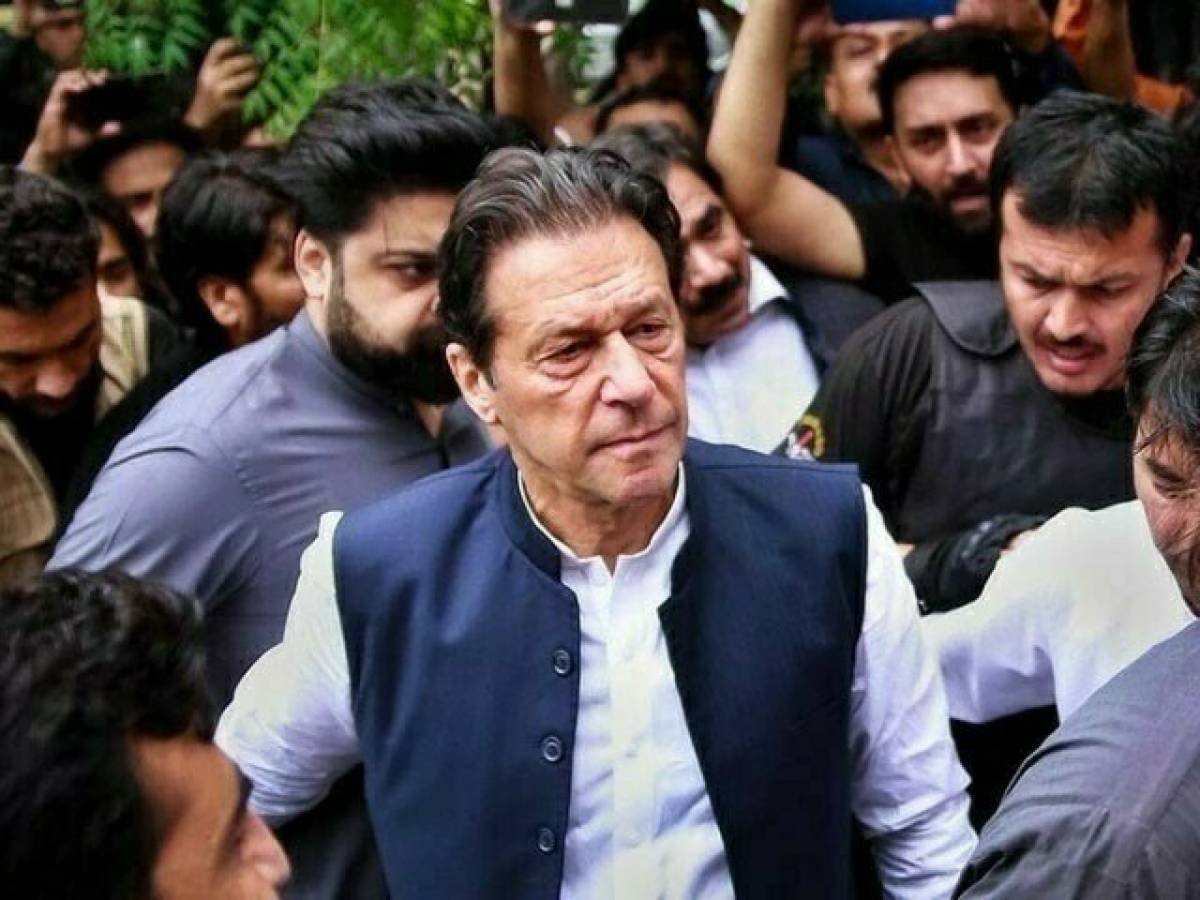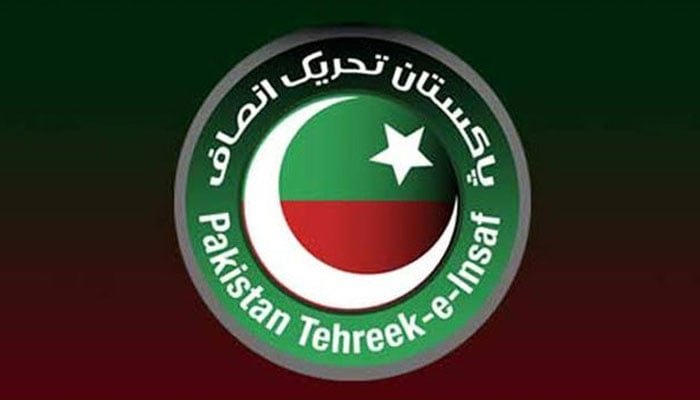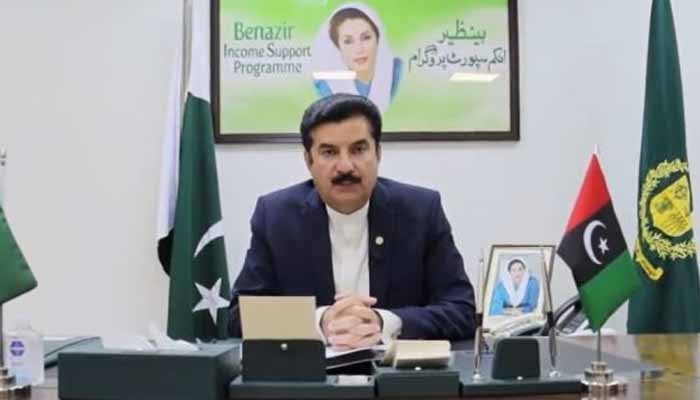In a significant development, a leader of the Pakistan Muslim League (Nawaz) and former Defence Minister, Khawaja Asif, has claimed that General (Retd.) Faiz Hamid was the mastermind behind the Faizabad Dharna, a major political protest that took place in Islamabad in 2017. Khawaja Asif made this revelation during a discussion on the Geo News program, ‘Capital Talk.’
During the conversation, Khawaja Asif asserted that General Faiz Hamid played a pivotal role in orchestrating the Faizabad Dharna. He went on to explain that General Faiz Hamid’s involvement was documented as a witness in the agreements and financial transactions associated with the protest. These revelations suggest that General Faiz Hamid was the key figure behind the Faizabad Dharna, commonly referred to as the “Mastermind.”
Khawaja Asif’s statement raises questions about the individuals and organizations involved in the protest, as well as their motives and intentions. He questioned the extent of influence and authority General Faiz Hamid possessed, suggesting that individuals connected to the sit-in protest had affiliations with the government.
Moreover, Khawaja Asif expressed skepticism regarding the government’s ability to influence and manage such a significant political event. He insinuated that those involved in organizing and participating in the Faizabad Dharna had influential positions within the government during that period. This insight into the inner workings of the protest and the alleged involvement of a retired general has led to renewed interest and discussion surrounding the Faizabad Dharna.
The Faizabad Dharna was a major political protest that occurred in Islamabad in late 2017, led by religious groups demanding the resignation of the then Law Minister over controversial changes in electoral laws. The protest disrupted daily life in the capital city for several weeks, leading to widespread unrest and security concerns. The government’s response to the protest and its subsequent resolution has remained a contentious issue in Pakistan’s political landscape.
It is important to note that General Faiz Hamid, who retired as the Director-General of the Inter-Services Intelligence (ISI), is a highly respected and influential figure in Pakistan’s military establishment. His alleged involvement in the Faizabad Dharna raises critical questions about the intersection of politics, civil-military relations, and public protests in the country.
Khawaja Asif’s revelations come at a time when political tensions are running high in Pakistan. The country is gearing up for general elections scheduled for the end of January, adding further complexity to the political landscape. The implications of these revelations on the upcoming elections and the broader political discourse in Pakistan are yet to be seen, but they have certainly added a new layer of intrigue and debate.
In addition to Khawaja Asif’s statement, Senator Mushahid Hussain Syed of the Pakistan Muslim League (Nawaz) suggested that dialogue should be initiated between the Chairman of the Pakistan Tehreek-e-Insaf (PTI), Imran Khan, and other political parties. He emphasized that Nawaz Sharif, the leader of the PML(N), is open to discussions and is considering talks with other political parties to address the country’s political challenges.
Senator Mushahid Hussain Syed further underlined that Nawaz Sharif has adopted a conciliatory approach and is willing to engage with various political forces, demonstrating a willingness to bridge political divides.
These developments could signify a potential shift in Pakistan’s political landscape. If dialogue is initiated and political parties engage in discussions to address key issues, it could potentially lead to a more inclusive and collaborative political environment. Nevertheless, the upcoming elections and the role of key political actors, including the PML(N) and PTI, will determine the ultimate trajectory of Pakistan’s political scene.
Khawaja Asif’s claim regarding General Faiz Hamid’s involvement in the Faizabad Dharna has sparked fresh debate and intrigue in Pakistan’s political landscape. With the upcoming general elections, these revelations may significantly impact the country’s political discourse, as key players consider dialogue and cooperation to address pressing national issues. The intersection of military figures in civilian protests continues to be a sensitive and complex issue in Pakistan’s political history.



